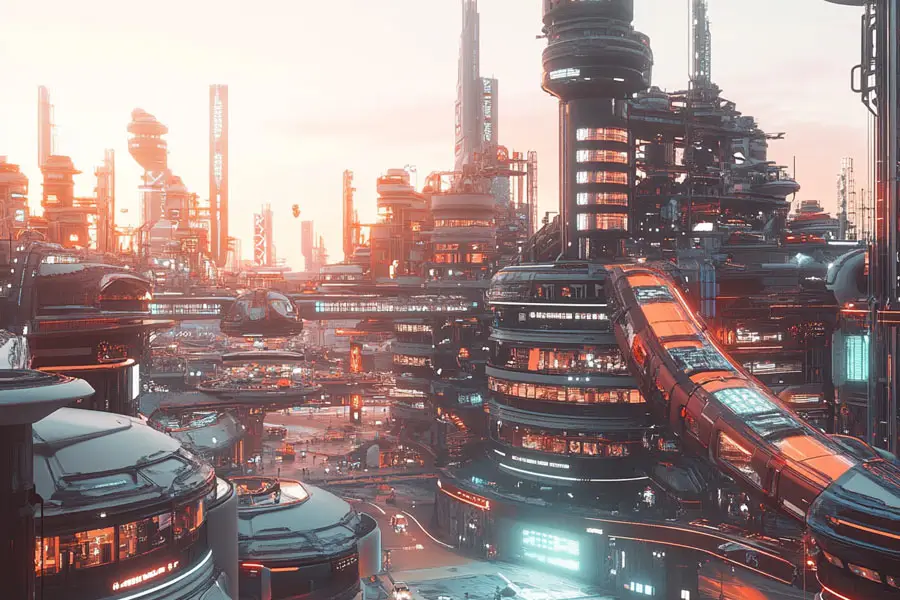People all throughout the world are benefiting from artificial intelligence, or AI. It is especially helpful in less developed countries. AI makes solving complicated issues easier, faster, and more effective. Let us look at a few examples of how AI is being applied to enhance the quality of life in developing countries.
1. Improving Healthcare
Many poor countries have few doctors and few hospitals. AI is helping to close the gap. More swiftly than previously, it can check X-rays and identify infections. AI programs can recognize early warning signs of illnesses like malaria and tuberculosis. This helps physicians diagnose and cure diseases before they get worse. Mobile apps are using AI to quickly connect people to medical help and offer health recommendations.
2. Boosting Education
Children can learn in new and entertaining ways thanks to AI. In certain places, there are not enough teachers to serve every student. AI learning apps allow students to access courses and assessments on their phones and tablets. These apps allow kids to learn at their own speed by adjusting to their individual abilities. By employing AI to manage lessons and grade exams, teachers may devote more time to helping students.
3. Farming and Food Production
Farming is essential in many developing countries. AI allows farmers to grow more crops with less effort. AI systems evaluate soil quality, predict weather trends, and suggest planting times. By employing AI systems that can even detect agricultural diseases early, farmers can protect their plants. AI boosts the amount of food available to everyone by assisting farmers in producing larger crops.
4. Protecting the Environment
AI helps developing countries take care of their natural resources. For example, AI can track wildlife to protect endangered animals. It also monitors forests to stop illegal logging and helps clean rivers by detecting pollution. In some places, AI tools check air quality and warn people about pollution. This helps communities stay healthy and protect nature.
5. Making Transportation Better
Many cities in developing nations have clogged roadways. AI is helping to make traffic safer and more effective. AI-powered devices that regulate traffic lights have reduced gridlock on roads. Some cities are using AI to enhance their bus and train routes. As a result, people may go to work, school, and other places faster. Drivers can save time by using AI to help them locate parking spots.
6. Creating Jobs and Businesses
AI is opening up new business and job options. A large number of young people are learning AI and going into technology-related occupations. In certain countries, small businesses use AI to advertise products, keep track of inventories, and communicate with customers. AI helps business owners grow their companies and make well-informed decisions.
7. Helping with Disaster Relief
AI makes it possible for rescue crews to react quickly to emergencies like fires, earthquakes, and floods. Artificial intelligence (AI) systems predict potential disaster areas and assist individuals with pre-planning. AI-powered drones search for those in need after a disaster. This technology helps communities recover more quickly and saves lives.
8. Banking and Finance
In developing countries, not everyone has access to banks. AI is changing that. Mobile banking apps use AI to help people manage money right from their phones. Some apps allow people to pay bills, transfer money, or even save for the future. AI helps make banking safe and easy, so more people can access financial services.
Conclusion
AI is assisting developing nations in a variety of incredible ways. It is improving and simplifying everything from farming and banking to health and education. AI is fostering community development by resolving issues and opening up new possibilities. Developing nations should anticipate a smarter, more promising future thanks to AI.

